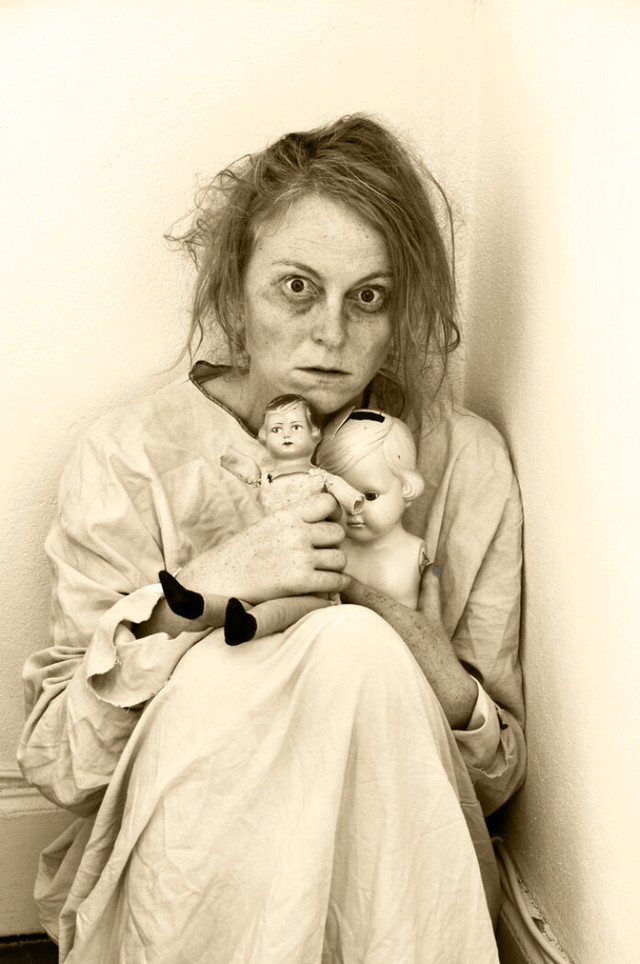In ‘Pigeonholing Women's Misery’, Dr. Hannah Lerman takes aim at the formal classification systems that have shaped the diagnosis of women in 20th century America. She describes the psychodiagnosis of women and shows us how this phenomenon has evolved, changed, and in some instances remain static in the 21st century. Lerman points out the discrepancy between the diagnostic criteria cited in professional literature and the real-life consequences of a diagnosis or misdiagnosis.
Lerman does this by analyzing the developmental trajectory of the DSM over time, up to the DSM-IV, showing us how a historical perspective is crucial to understanding the contemporary diagnosis of women. Unless we as therapists examine how we approach the assessment of women's mental health problems, we may continue to do harm when our intentions are to help women heal. With a feminist lens, Lerman points to the gap between diagnostic criteria cited in the professional literature and the real-life consequences resulting from particular diagnoses - or misdiagnoses
Be it mental illness, diagnoses, deviant behavior, and/or the labelling of negative classifications, ‘Pigeonholing Women’s Misery’ is a wake-up call to those who want to shed outdated cloaks that continue to be use myths by medical establishments through misdiagnoses. Rather than using assessment tools that are apt to suit their own thinking, the labeling systems that they have come to rely on need to be severely redesigned to accommodate the complexities of gender, culture, and personal context. (Includes bibliographical references (pages 157-179) and index.)
Although sold for over $40s, I am selling this new hard-cover for only $4 to the first interested party. Feel free to contact me by e-mail (lbraden@rogers.com) for a more immediate response. Delivery in the Ottawa area is possible for a delivery fee.



